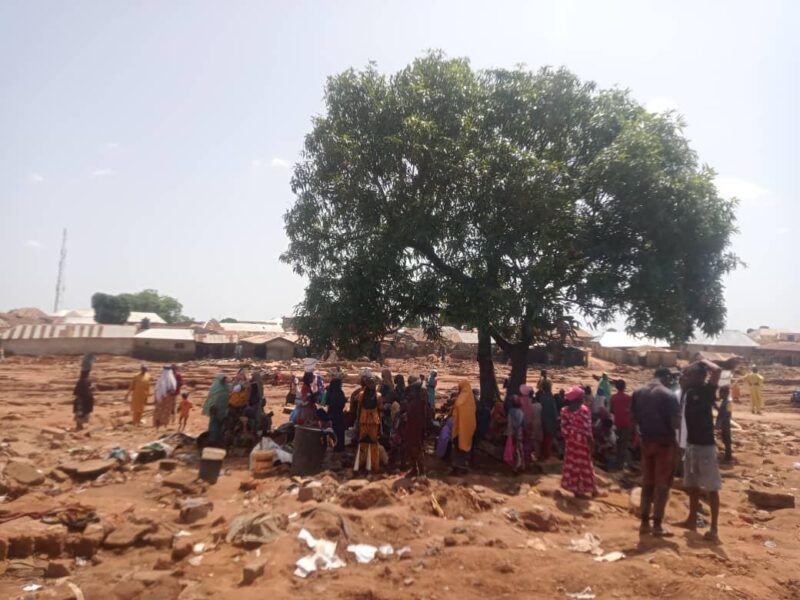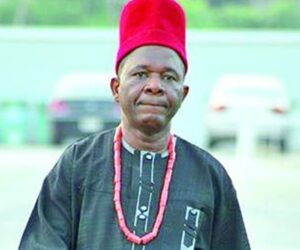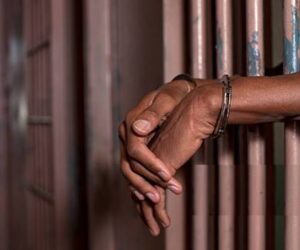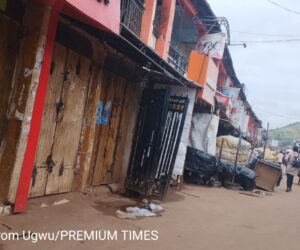Months after the devastating flood that ravaged Mokwa, Niger State, hundreds of displaced residents are still without shelter, with many forced to sleep under trees and in makeshift camps.
Some of the survivors who spoke with our correspondent expressed frustration over the slow pace of relief efforts, saying they continue to live in uncertainty despite government promises.
Governor Umar Mohammed Bago had earlier announced the release of ₦1billion for immediate relief and resettlement of victims. However, many of the affected persons insist they are yet to benefit from the intervention.
Adamu Uthman, a graduate of the National Teachers’ Institute (NTI), Kaduna, who lost most of his belongings to the flood, lamented: “Today, Thursday, 28th August 2025, we witnessed security personnel including police officers storm the camp built by the Red Cross for flood victims and dismantled it completely.
“We gathered that the order came from higher authorities, claiming that payments had already been made to the victims. However, we have not received any money to date, and yet those staying in the camp are still being forced out.

“The governor has insisted that everyone should vacate the camp, even though this is the only shelter available for displaced persons. We honestly do not understand what is happening.
“Now, all 50 rooms in the camp have been destroyed, along with the solar power system and borehole. The victims have been left stranded without shelter or basic amenities. We are just managing. Many of us are still sleeping under trees and in camps because we have not received anything.
“Government promised money for accommodation, but about 60% of the victims are yet to get anything since officials came for capturing. They never returned. Life is very difficult, but we remain hopeful.”
Uthman acknowledged that the government distributed food items such as rice, beans, and maize, but insisted that support for housing was still inadequate.
“Some people got ₦500,000, others ₦1million, but majority of us got nothing. Even those who received money are struggling to find houses to rent because accommodation is scarce after the flood. Many survivors are still living in damaged buildings or covering spaces with UNICEF tarpaulin just to manage. The camps are overcrowded and not conducive, especially for the elderly,” Uthman added.
Hamza Mohammed, another victim, said overcrowding in the IDP camps poses serious health and security risks.
“Out of 700 households affected, only about 400 have received support while 300 are still waiting. The camps are congested, making us vulnerable to diseases, harassment, and other dangers. Our greatest need is shelter,” he appealed.
Mariam Rabiu, who confirmed receiving ₦1million, said the money has not solved her housing challenge.
“Accommodation is scarce and expensive. The money cannot buy land or build a house, and most houses available for rent were already occupied. We are still stranded,” she said.
Similarly, Aminu Jibrin, who stays in one of the camps, described the living condition as “very bad.”
“There is no water or proper toilet. An NGO called CRS, provided us with two solar-powered boreholes, one in each IDP camp, but the facilities are not enough. The camp is overcrowded, diseases are spreading, and there are cases of harassment and theft – now, the camp we are managing is no longer there. We need proper shelter urgently,” he stressed.
The victims collectively called on the federal and state governments, as well as humanitarian stakeholders, to expedite action on resettlement plans, saying construction of permanent housing has not commenced and no land has been allocated for rebuilding.









